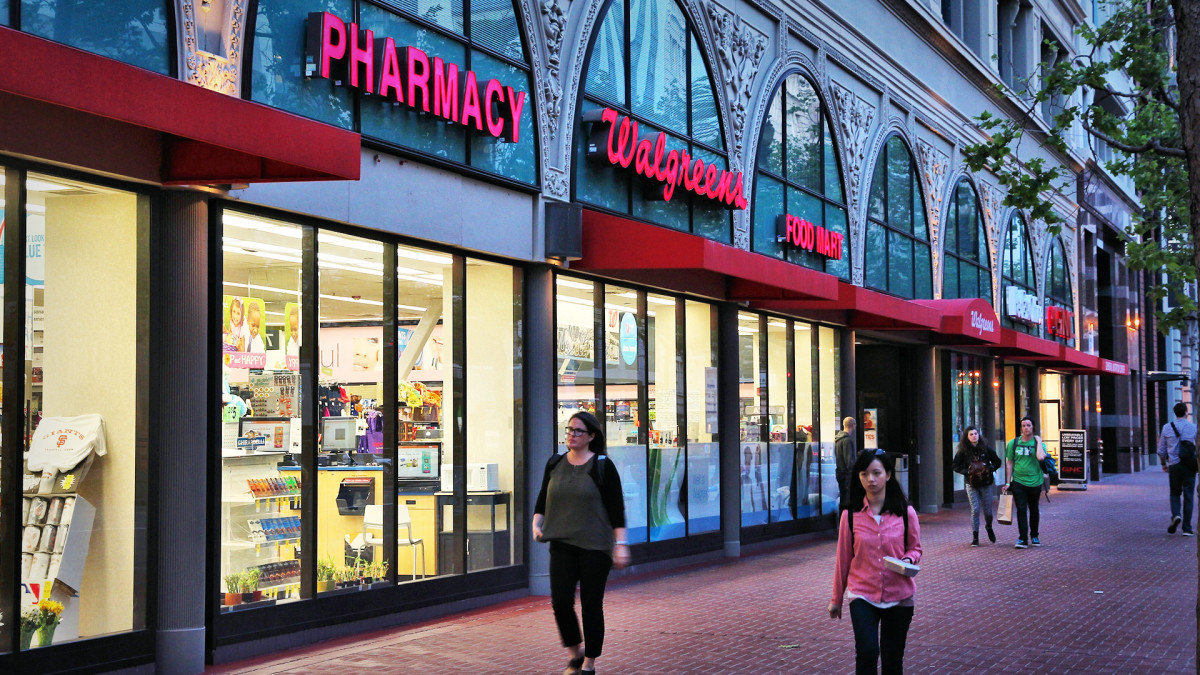
The working class made strides during the covid-19 pandemic as employers increased wages, offered remote working options and other perks in order to coax workers back into the fold.
Headlines about 'The Great Resignation' and 'quiet quitting' were ubiquitous in white collar circles. Meanwhile, blue collar workers saw their compensation rise 7% in March 2022 (compared to 5.9% for all nonfarm employees).
There are now four states (California, Washington, Massachusetts and Connecticut) with a minimum wage of at least $15, according to the Economic Policy Institute after, according to one report, 50.5 million workers across the U.S. quit their jobs in 2022.
Employers seemed to wrest control of the struggle away from the working class in the first half of 2023 as some of the largest employers in the world like Alphabet (GOOGL) -), Meta Platforms (META) -), Microsoft (MSFT) -), Amazon (AMZN) -) and others began laying off tens of thousands of employees each.
But the second half of the year has seen workers engage in several high-profile labor demonstrations, leading to walkouts, general strikes and other employee actions across diverse industry sectors from Hollywood actors and writers to autoworkers to healthcare workers.
Next week, pharmacy staff at Walgreens (WBA) -) across the country will walk out for the second time this month, about three weeks after the last time they walked off the job during a three-day strike. Next week's strike is scheduled to run from Oct. 30 to Nov. 1 and will also include workers from CVS Health (CVS) -).
CVS has more than 100,000 pharmacists and pharmacy technicians, according to CNBC, while Walgreens has more than 86,000 health-care service providers — including pharmacists, pharmacy technicians and other health-related professionals. CVS pharmacists make an average of $61.44 an hour while Walgreens pharmacists make $53.85 per hour.
A Walgreens pharmacist told CNBC that their shifts can last anywhere between six to 12 hours on three to five days of the week, while a CVS pharmacy technician complained about being severely understaffed, leading to delays in the dissemination of medication.
CVS is facing “unprecedented demand and a clinical workforce shortage in the health care industry and [is] making targeted investments in our retail pharmacy business in direct response to feedback from our pharmacy teams," a CVS spokesperson told CNBC.
Get investment guidance from trusted portfolio managers without the management fees. Sign up for Action Alerts PLUS now.







